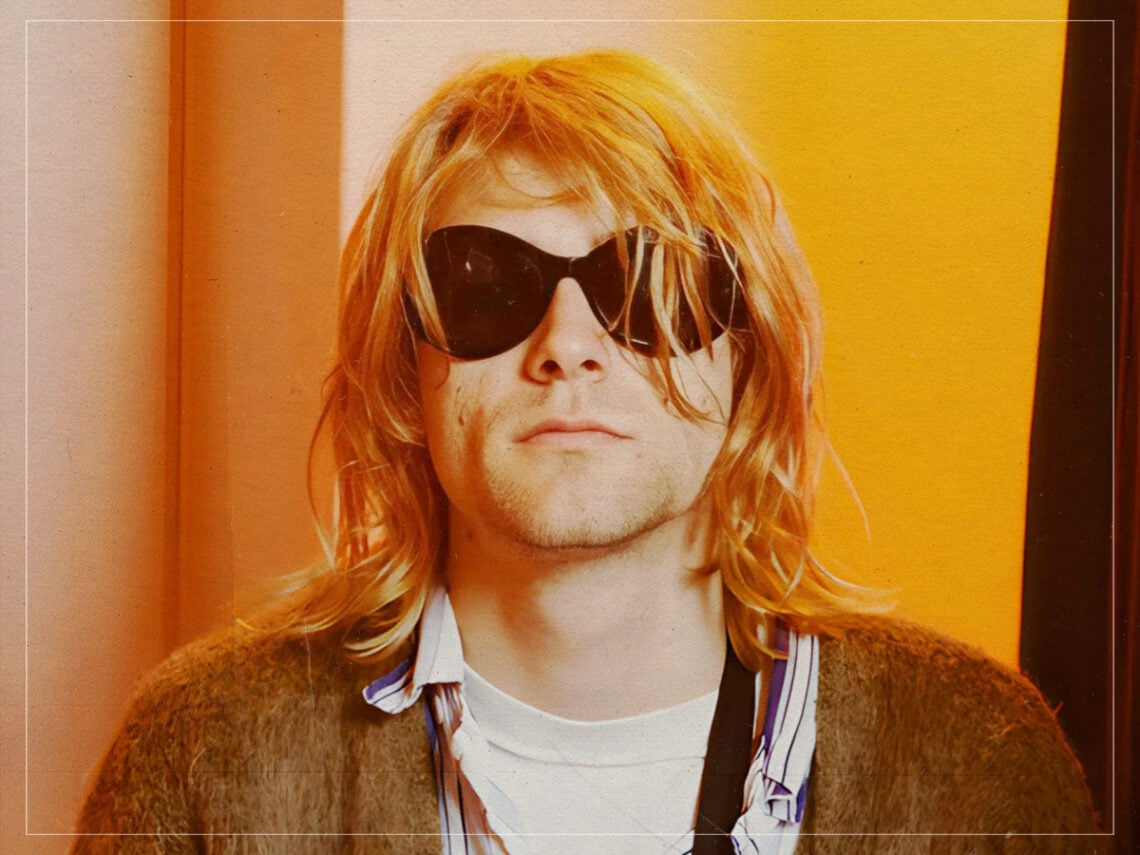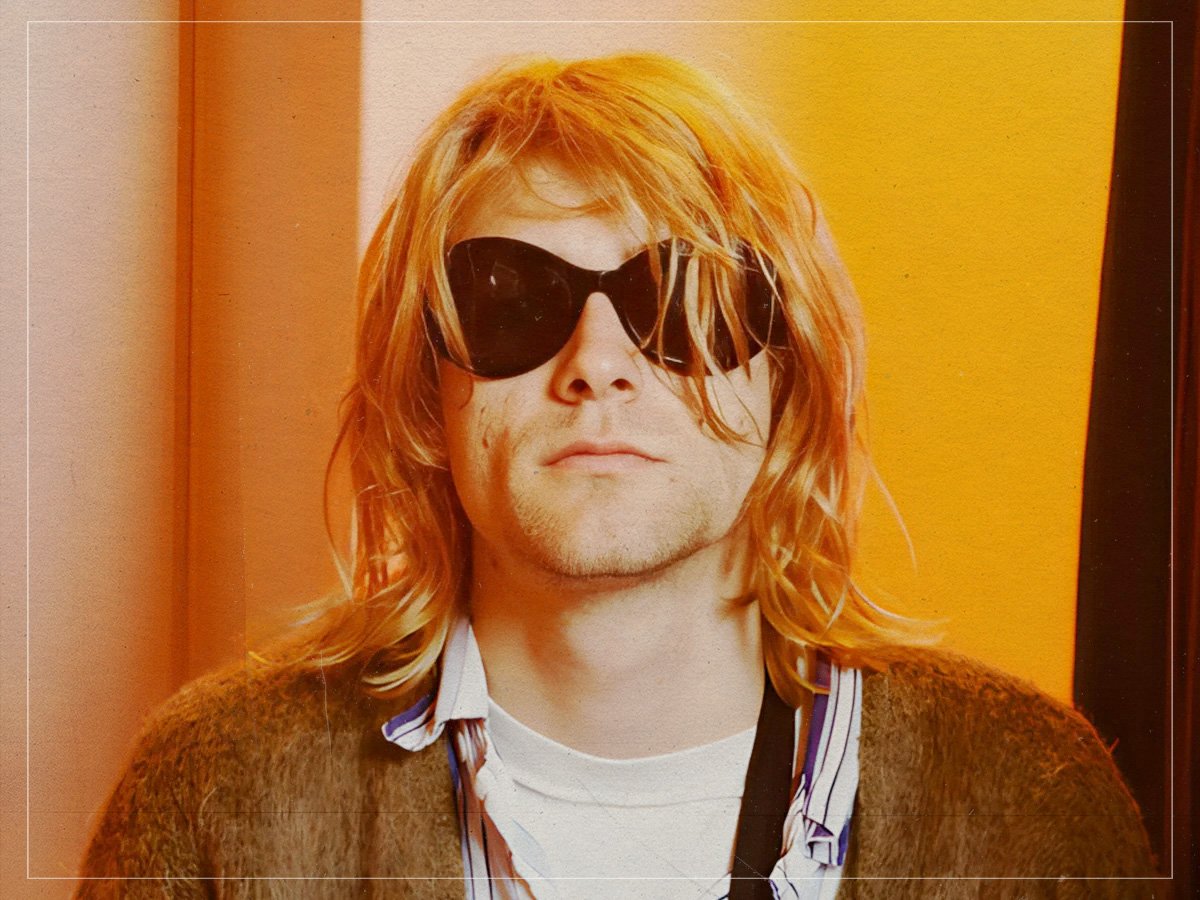
(Credits: Far Out / Nirvana)
Wed 12 November 2025 21:30, UK
Seattle is an unassuming setting for a cultural revolution, tucked away in the leafy green surroundings of the American Northwest. Yet, back in the 1980s, the abrasive underground grunge sounds of the city captured the attention of a global audience, thanks in no small part to the efforts of Kurt Cobain and Nirvana.
Contrary to the nostalgia-fueled portrayal of Seattle’s grunge era, Nirvana were not the progenitors of that distinctive sound. The roots of the scene lay instead in the hardcore punk and skater scene, which blossomed during the early part of the 1980s, as groups like Black Flag and Minor Threat made tour stops in Washington and infected the surrounding scene with their unwavering punk sensibilities.
Groups like Melvins and Green River (who later morphed into Mudhoney) came along shortly thereafter, carving out the early sounds of grunge, which Cobain and the gang would later follow. It was Nirvana, however, who broke that distinctive Seattle sound onto the global mainstream, with 1991’s Nevermind, an album which arguably defined American rock for the remainder of the decade.
Given the widespread acclaim garnered by that record, though, Cobain was viewed by the musical mainstream as a kind of de facto spokesperson for the entirety of the grunge movement, a role which he openly despised. In fact, the songwriter – like countless musicians before him – seemed to have an unwavering detest for all interviews, particularly when Nirvana had to field questions from all walks of the mainstream music industry during the peak of their fame.
Within those interviews, either as a bit of fun or in an effort to distance himself from being the supposed leader of the grunge movement, Cobain would often throw a few barbed comments in the direction of his contemporaries. Pearl Jam were a routine target, with the songwriter writing in his Journals, “I would love to be erased from our association with Pearl Jam or the Nymphs and other first-time offenders,” but even the likes of Soundgarden were on the receiving end of some of Cobain’s dismissive quotes over the years.
By all accounts, though, Cobain was a fan of Chris Cornell’s outfit, who had trodden the grunge path long before Nirvana hit their stride. “I think there’s an element of Kurt Cobain when he was in the media, he kind of knew what he was doing when he was talking to journalists,” Cornell biographer Corbin Reiff once theorised during an appearance on the Whatever, Nevermind Podcast. “They were looking for juicy quotes and he was more than up to play the game.”
Cobain’s sense of humour and hatred of those interviews is likely to blame for his ambiguous comments on Soundgarden, but as Reiff confirmed, “I know he had a lot of admiration for Chris [Cornell] and admiration for Soundgarden.”
Adding, “Ben Shepherd, Soundgarden’s bassist, toured with Nirvana […] and he was really close friends with them.”
On the other hand, Cobain seemed to have a genuine disliking of Pearl Jam’s music, despite an apparent appreciation for Eddie Vedder himself. Admittedly, Pearl Jam’s sound was much closer to established arena rock than many of their grunge contemporaries, which can’t have washed well with the Nirvana songwriter.
Then again, his disliking of the group might simply have been an attempt to stir up controversy in interviews, in a similar vein to his Soundgarden comments.
Related Topics
